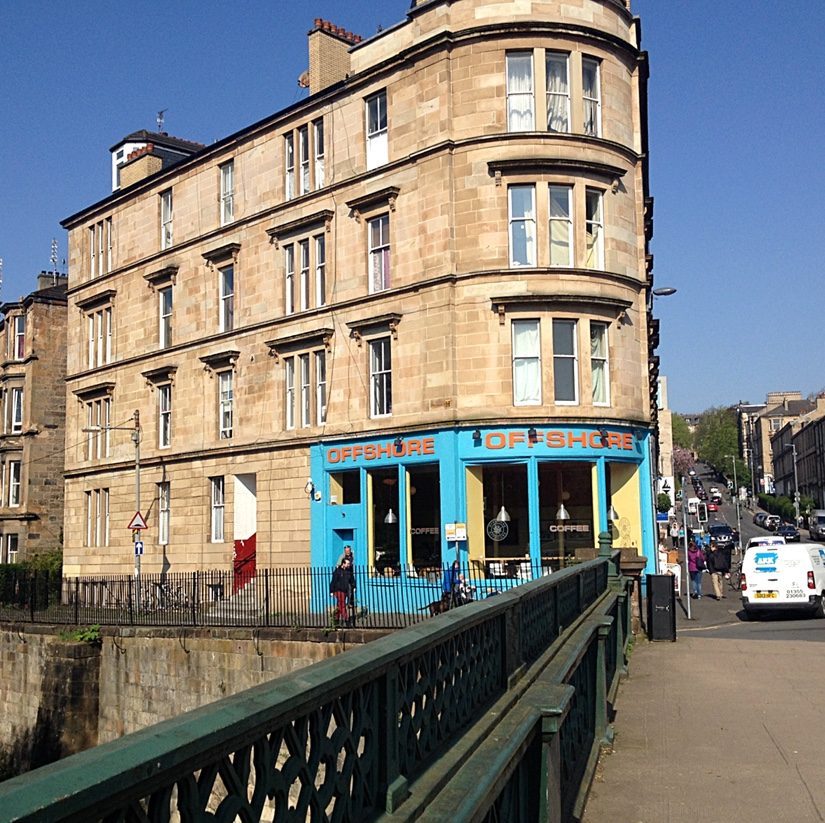Cinemasters: Margarethe von Trotta GFT

The first female director to win the Golden Lion at Venice Film Festival, Margarethe von Trotta has made some of the most trailblazing films of the past five decades. One of the most gifted – but often overlooked – directors to come from the New German Cinema movement alongside Fassbinder and Herzog, von Trotta has never shied away from topics that resonate with contemporary lives and prompt revolutionary discussions. A pioneering feminist filmmaker, von Trotta’s films have tackled the power of mass media, historical events, radicalisation and women’s rights since the politically turbulent 1970s.
The Second Awakening of Christa Klages
4 and 5 February, 2019
Margarethe von Trotta’s solo directorial debut and the film that marked her out as one of the key women writer-directors of the New German Cinema movement, The Second Awakening of Christa Klages is an acutely observed reflection of her favourite theme: the powerful and often mysterious psychic bond among women. It follows a young woman who robs a bank to pay for her daughter’s day-care with the help of her lover. On the run, she is pursued by the police, and more ambiguously, also by the young woman who was her hostage in the raid. Shot on a shoestring budget, this compelling drama explores female relationships, sisterhood and the troubling uses and effects of violence. It was also one of a handful of contemporary films that responded to the events surrounding the national terrorist collective Baader-Meinhof, a topic that von Trotta returned to in The German Sisters. New Digital Restoration
With the support of the BFI, awarding funds from The National Lottery

The German Sisters
18 and 19 February, 2019
Based on the real life story of the Enslein sisters, this is the purest expression of Margarethe von Trotta’s combination of the personal and the political. Two sisters take diverging paths to emancipation in West Germany. Juliane is a feminist journalist, arguing for abortion rights; Marianne is a terrorist revolutionary in a Baader-Meinhof type group. As Marianne’s political activism begins to take a personal cost, Juliane is torn between her politics and her need to protect her sister and her family. But when Marianne is imprisoned, Juliane is forced to confront the realities of the harsh power of the state.
Showing the reverberations of the Nazi years on Germany in the 1980s, The German Sisters is as searching on a personal level as it is intelligent about the politics and costs of revolution. Von Trotta’s first collaboration with her muse Barbara Sukowa (who she would make the centre of six more of her features) was selected by Ingmar Bergman as one of his favourite films of all time. New Digital Restoration
With the support of the BFI, awarding funds from The National Lottery
GFT 12 Rose Street, G3 6RB
This section: Cinema
Filed under: Cinema
Related Pages
- CineRoma – Carmen: No Fear Of Freedom
- Govanhill: A Community Film Portrait + (Q&A)
- Take 2: Scooby Doo
- Laurel and Hardy Film Night, The Sons of the Desert
- Sleep at GFT
- I Used To Be Funny at GFT
- Younger at GFT
- La Dolce Vita at GFT
- Eternal Sunshine of the Spotless Mind – 20 Anniversary
- Bringing Up Baby at GFT
- It’s Such A Beautiful Day plus ME
- National Theatre Live: Present Laughter
- Take 2: If
- Funny Features Information Session, Glasgow Film Festival
- Agent of Happiness
- The Old Oak, Screening plus Discussion
- Take 2. The Big Bad Fox and Other Tales
- Dune Parts 1 and 2 at GFT
- Soraida: A Woman of Palestine plus Discussion
- Pride at GFT 2024



Leave a Reply
You must be logged in to post a comment.